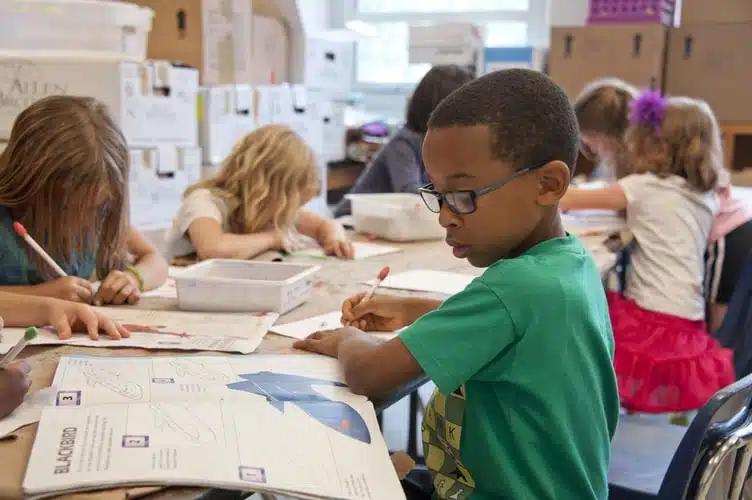A three-year funding package of £13.5 billion is required to ensure the educational recovery of pupils following the COVID-19 pandemic, research has found.

The report by the Education Policy Institute says that significant investment will be required to deliver on the Prime Minister’s promise to the nation that “no child is left behind.”
"Education research indicates that, if unmitigated, these large learning losses could cause long term damage to children's education and to their future earnings and our national income. This creates a strong case for policymakers, working with school and college leaders, to put in place an ambitious set of policies to help deliver education recovery. This means reversing any widening of the gap between disadvantaged pupils and their peers that has occurred since March 2020 and improving attainment, so that we "catch up" on the losses over this period. Policymakers should also consider the impact of the pandemic on child wellbeing and mental health - and respond to any setbacks in these areas too."
David Laws, Executive Chairman of the EPI
The government has already outlined that education recovery is central to its “build back better” agenda and has already committed £1.7bn in short-term catch-up funding to support pupils in England following the disruption to the education system. A comprehensive, long-term education recovery plan is expected to be revealed soon.
The EPI is calling on the government to implement a number of policies including extended school hours for social and academic activities, additional Pupil Premium funding, summer wellbeing programmes and further mental health support in schools.
Specifically, the policies are:
- Extended school hours
- Summer wellbeing programmes
- One-to-one and small group tuition
- An increase and extension of the Pupil Premium
- Greater incentives for teachers to work in “challenging areas
- Extra funding for schools to hire a mental health support worker
- New guidance to schools to support better wellbeing and inclusion
- Softer accountability measures for schools in 2021-22
- A new continuous professional development (CPD) fund for teachers
- Allow pupils to repeat a year if appropriate
The series of education interventions total £13.5bn over the course of this Parliament and taken together, would seek to reverse the lost learning seen by pupils since March 2020. The package compares with the DfE’s annual schools budget for England of £48bn.
The report highlights:
- Analysis of pupil learning loss by EPI and Renaissance Learning for the Department for Education, shows that by the first half of the 2020 autumn term, pupils in England had experienced losses of up to two months in reading (in primary and secondary schools), and up to three months in maths (in primary schools). Following school closures before Christmas and in early 2021, losses are likely to have increased further.
- Based on an estimated range of pupil learning loss, this would result in total lost lifetime earnings for pupils of between 1 and 3.4%, equating to £8,000 and £50,000 in lost earnings per pupil.
The EPI also warns that disadvantaged pupils were already 18 months of learning behind their more affluent peers by the time they took their GCSEs and that attainment gap is already starting to widen.
These policies should also be met with further investment beyond schools – in wider children’s services and mental health services; supported by an urgent child poverty strategy, the EPI adds.
“While the immediate priority will be to recover the learning loss that has taken place as a result of the pandemic, we are also clear that simply returning to pre-pandemic levels of attainment, wellbeing and equity is not good enough. In 2019, the year before the pandemic hit, disadvantaged pupils were already over 18 months behind their peers by the end of secondary school and that gap had stopped closing in recent years,” said the report. “And so we need not only a plan for education recovery, but also resilience, ensuring that all young people are given the opportunities and support they need to succeed,” said the report.
"Our package therefore is aimed at using the best, evidence-based policies and programmes to repair lost learning in the short-term but also to put the education system on a stable-footing to close the disadvantage gap in the longer-term,” the report concludes.

